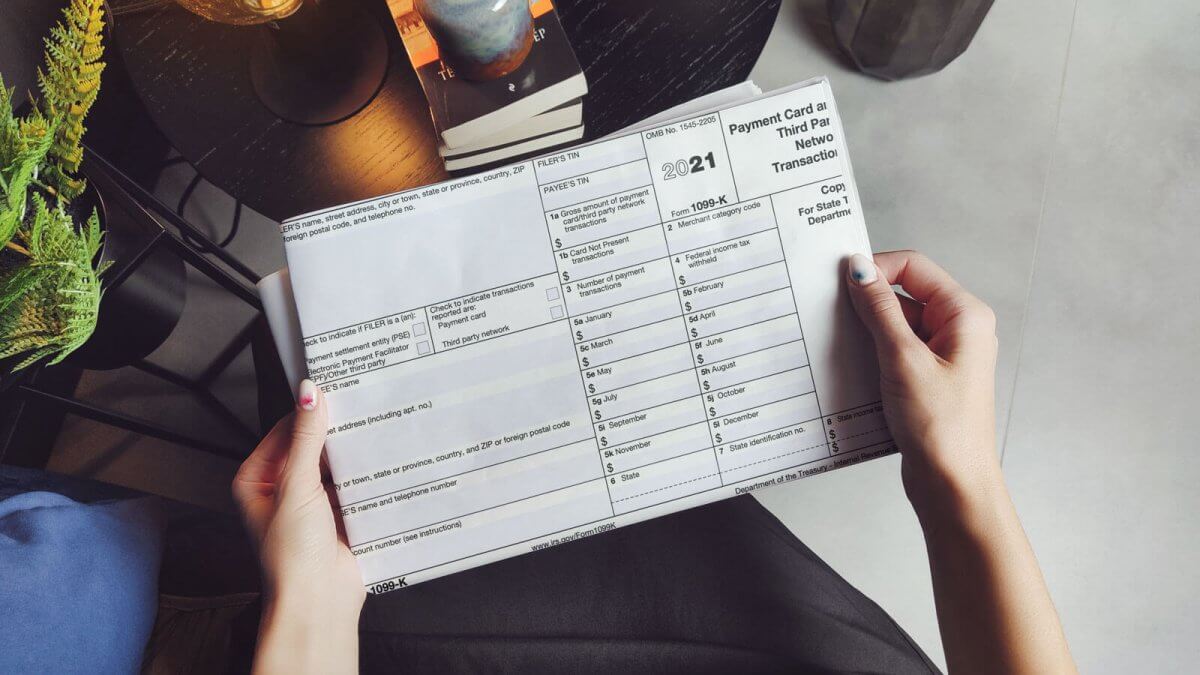Rutland Herald
Vermont Credit Union Head Testifies on ‘Patent Trolls’
Posted December 19,2013
WASHINGTON — The president of the Vermont-based New England Federal Credit Union urged Congress on Tuesday to create a public registry of so-called patent troll demand letters as the Senate Judiciary Committee — led by Sen. Patrick Leahy, D-Vt. — held its first hearing on legislation designed to curtail the practice.
Patent troll cases involve a person or company using what are often low-quality patents, in an effort to collect licensing fees by filing patent infringement lawsuits against end users of various products.
New England Federal Credit Union, which has more than 85,000 members in Vermont, has received two “vague and misleading” demand letters suggesting that 23 automated teller machines owned by the company infringed on 13 patents, according to the credit union’s president, John Dwyer Jr. He said the letters had been sent without the proper investigations having been performed.
Dwyer told the committee that almost every credit union in Vermont had received the same demand letter, including one that does not own any ATMs. A federal appeals court already has declared the patents in question to be invalid, Dwyer noted.
“A patent troll that sends more than 10 demand letters in a year should be required to enter all demand letters to a registry that would be publicly available and maintained by a federal agency,” Dwyer testified.
In a statement, Leahy asserted that this type of lawsuit is often targeted at customers and small businesses that “have no real means of fighting back.”
Last month, Leahy and Sen. Mike Lee, R-Utah, introduced a bill aimed at patent trolls. The bill, dubbed the Patent Transparency and Improvements Act of 2013, aims to promote transparency in patent ownership. It seeks to protect customers and end users of products by allowing cases against them to be stayed while the manufacturer litigates the suit.
Earlier this month, the Republican-controlled House of Representatives passed its own version of patent reform by a bipartisan vote of 325-91. However, Sen. Sheldon Whitehouse, D-R.I., a co-sponsor of Leahy’s bill, said Tuesday that the Senate will pass its own patent bill and then go to conference with the House.
During the hearing, Whitehouse contended that there are “very strong ulterior motives” from corporations and other business groups seeking broader litigation reform. These interests are trying to “knock down and diminish the civil justice system as much as they can,” Whitehouse said.
“Beware of pushing or being pushed too far to that fight. That’s not a fight you need to have,” Whitehouse told a hearing room filled with lobbyists. “You need to get a bill through the Senate that gets you into conference with the House.”
Meanwhile, Sen. Charles Schumer, D-N.Y., argued that the House-passed bill is not strong enough to address the problem of low-quality patents. He introduced a proposal in May to crack down on patent trolls that garnered the support of the White House and nearly four dozen companies and associations, including Google and Wal-Mart.
Also in May, the Vermont Legislature passed the nation’s first anti-patent troll bill prohibiting “bad-faith” demand letters and damage claims relating to patent infringements.
###










